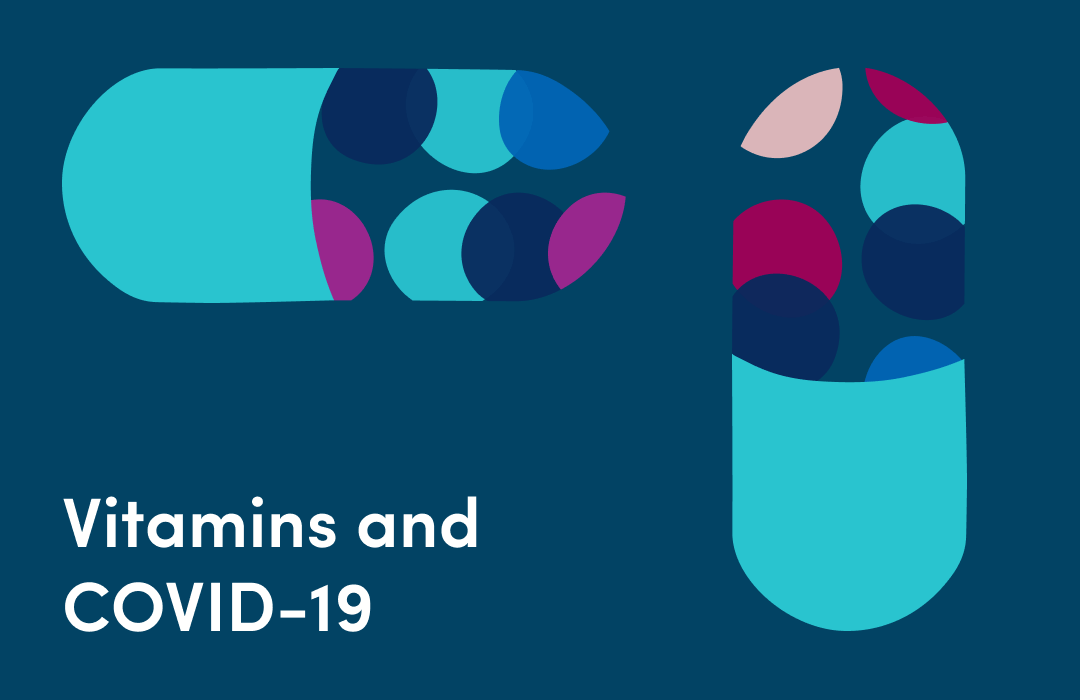


ZINC- is a component of many enzymes and transcription factors in cells all over the body, and inadequate zinc levels limit the individual’s ability to mount an adequate immune response to infections. Oral zinc supplementation reduces the incidence rate of acute respiratory infections by 35%, shortens the duration of flu-like symptoms by approximately 2 days, and improves the rate of recovery.
VITAMIN C- It enhances the function of many enzymes all over the body by keeping their metal ions in the reduced form. It also acts as an antioxidant, limiting inflammation and tissue damage associated with immune responses . Vitamin C was shown to reduce the duration of stay in the intensive care unit and need for mechanical ventilation among covid patients .
VITAMIN D- its supplementation lowers the odds of developing acute respiratory tract infections by 12% to 75%. Among those who were infected, flu symptoms were fewer and recovery was earlier if they had received doses of vitamin D greater than 1000 IU.
OMEGA 3 FATTY ACIDS- are polyunsaturated fatty acids and include eicosapentaenoic and docosahexaenoic fatty acids, and have favorable effects on immunity and inflammation. They exert anti-viral effects by inhibiting influenza virus replication.
VITAMIN E and SELENIUM- both act through anti-oxidant pathways to increase the number of T cells, enhance mitogenic lymphocyte responses, increase IL-2 cytokine secretion, enhances NK cell activity, and, decreases the risk of infection. Selenium and vitamin E supplementation has also been shown to increase resistance to respiratory infections .
MAGNESIUM-Magnesium deficiency is associated with decreased immune cell activity and increased inflammation, including of IL-6, central to the pathology of the cytokine storm associated with COVID- 19.
VITAMIN A-is known to have beneficial roles in respiratory infections, again leading to a potential protective role in COVID-19 .
